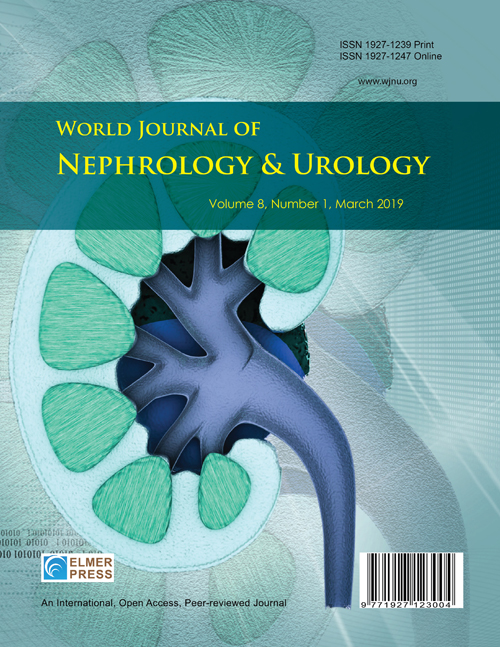Discordance Between Prostate-Specific Antigen and Positron Emission Tomography Imaging in Recurrent Prostate Cancer
DOI:
https://doi.org/10.14740/wjnu1010Keywords:
Prostate cancer, Biochemical recurrence, Prostate-specific antigen, PET, Prostate-specific membrane antigenAbstract
Prostate cancer biochemical recurrence (BCR) refers to a rise in prostate-specific antigen (PSA) after treatment. It remains a major diagnostic challenge. Positron emission tomography (PET) imaging, especially with prostate-specific membrane antigen (PSMA) tracers, has emerged as a highly sensitive tool for localizing prostate cancer recurrence. This review examines the use of PET scans in detecting prostate cancer recurrence, evaluates diagnostic challenges and pitfalls, and discusses the limitations of PET in the BCR setting. We also report a case of a 77-year-old man with early BCR after prostatectomy and multimodal therapy, whose PSA climbed progressively from 0.03 to 7.0 ng/mL over 7 years despite salvage treatments. Notably, four consecutive PET scans and a bone scan remained negative for recurrent or metastatic disease, highlighting the limitations of imaging in detecting occult micrometastatic prostate cancer. PET imaging has greatly improved recurrence detection. Still, false negatives and reading pitfalls can affect patient management.

Published
Issue
Section
License
Copyright (c) 2025 The authors

This work is licensed under a Creative Commons Attribution-NonCommercial 4.0 International License.





